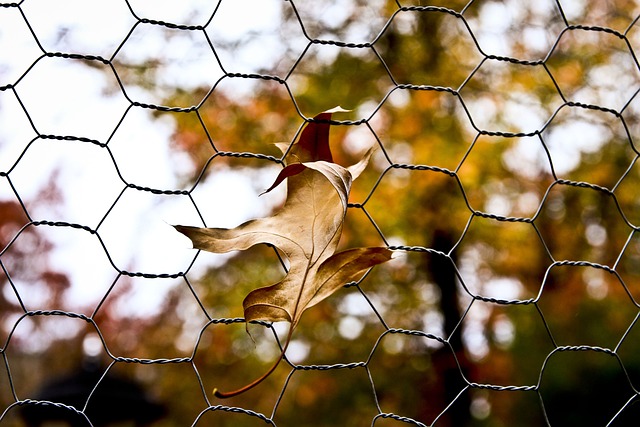Voles are small rodents that can cause significant damage to gardens and crops. Many people install chicken wire as a barrier to prevent voles from accessing these areas.
However, there is some uncertainty about whether voles can fit through chicken wire.
While chicken wire is a popular choice for garden fencing, its effectiveness in keeping voles out is still debatable.
Some people believe that voles can easily fit through the holes in chicken wire, while others argue that the wire is too small for rodents to pass through.
This uncertainty has led to confusion and frustration for many gardeners.
Can Voles Fit Through Chicken Wire?
Chicken wire is popular for gardeners and farmers to keep pests out of their crops and gardens.
However, many people wonder if voles, small rodents that can cause damage to vegetation, can fit through chicken wire.
The answer is both yes and no.
Voles can fit through the chicken wire if the holes are large enough to accommodate their body size. Adult voles are typically around 4-6 inches long, including their tail, and can weigh up to 2 ounces.
If the chicken wire has holes larger than 1 inch in diameter, voles can easily squeeze through.
On the other hand, if the chicken wire has smaller holes, such as 1/2 inch or less, voles will not be able to fit through.
This is because voles have a round body shape, and their ribcage is the widest part of their body. If the hole is too small, they won’t be able to get their ribcage through and, therefore, won’t be able to pass through the chicken wire.
It’s important to note that voles are persistent creatures and can chew through the chicken wire if determined enough.
Therefore, burying the chicken wire at least 6 inches deep is recommended to prevent voles from burrowing underneath it.
In summary, voles can fit through the chicken wire if the holes are large enough, but they won’t be able to fit through if they are smaller than their body size.
Gardeners and farmers should take precautions to prevent voles from damaging their crops and gardens, such as burying the chicken wire and using other pest control methods.
Preventing Voles Using Chicken Wire
Effective Installation Techniques
Chicken wire is an effective barrier against voles when appropriately installed. To ensure the chicken wire is effective, it should be buried at least 6 inches deep and extend at least 12 inches above ground level.
This will prevent voles from burrowing under the wire or climbing over it.
When installing chicken wire, it is essential to ensure no gaps or holes in the wire. Any openings will allow voles to pass through.
Securing the chicken wire to the ground using stakes or rocks is also essential to prevent voles from pushing underneath.
Additional Measures
In addition to installing chicken wire, other measures can be taken to prevent voles from damaging plants.
One effective method is to plant bulbs in wire mesh cages. The mesh should be small enough to prevent voles from passing through but large enough to allow the bulbs to grow.
Another method is to use vole repellents. These can be sprayed on plants or applied to the soil.
Repellents can be effective, but they must be reapplied regularly to maintain effectiveness.
It is important to note that while chicken wire and other measures can effectively prevent voles, they are not foolproof.
Voles are persistent and will find ways to overcome barriers if they are determined enough. Regular monitoring and maintenance of preventative measures are necessary to ensure their continued effectiveness.
Conclusion
In conclusion, whether voles fit through chicken wire has been thoroughly explored. Based on the research, it can be confidently stated that voles can fit through chicken wire, mainly if the wire is old or has holes.
While chicken wire can be effective in keeping out larger animals such as rabbits and squirrels, it may not be the best option for preventing vole damage. Alternative methods, such as hardware cloth or burying wire mesh, may be more effective in deterring voles.
It is important to note that while voles may be small, they can cause significant damage to gardens and crops. It is recommended that gardeners and farmers take proactive measures to prevent vole damage, such as using repellents or planting vole-resistant plants.
Overall, it is essential to carefully consider the materials and methods used for vole control to ensure the best possible outcome. Individuals can effectively protect their gardens and crops from these small but persistent pests by taking a knowledgeable and neutral approach.




